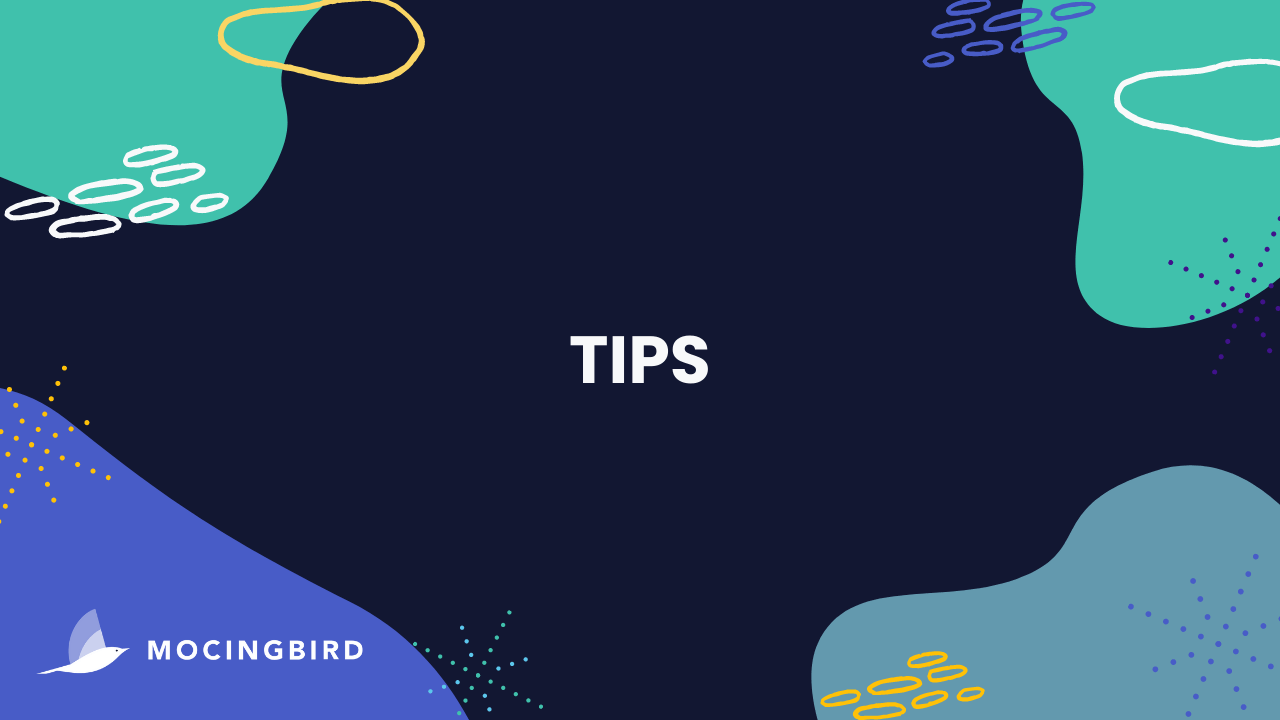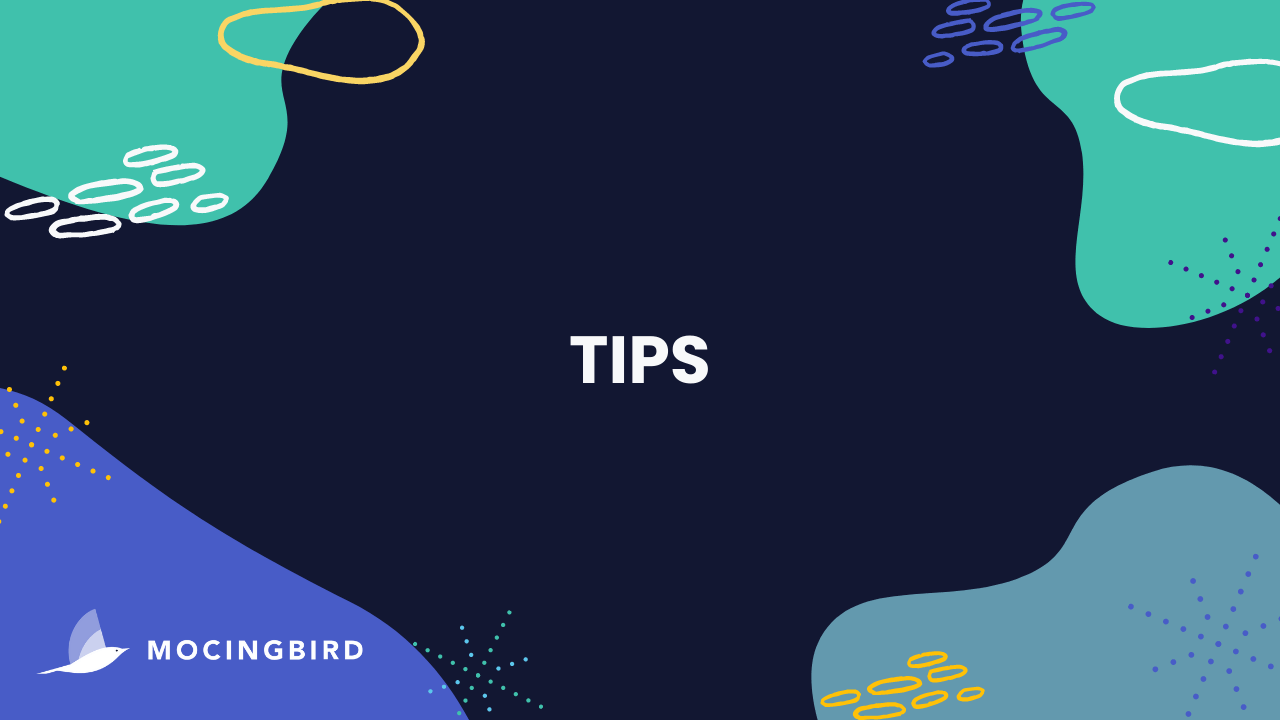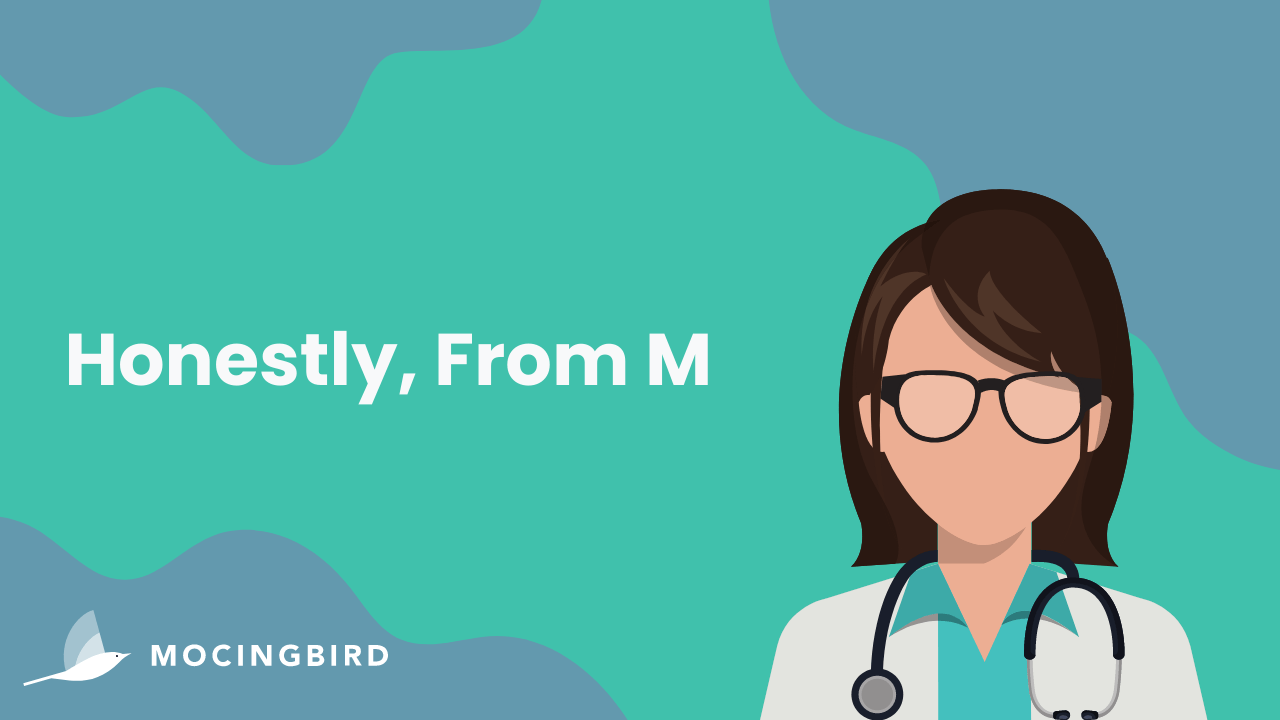Discover the enhanced Mocingbird File Cabinet with user-friendly features and a handy guide to maximize its new functions.
Millions of Americans struggle to get a good night's sleep. While this can be due to many different factors, you can adopt habits to encourage better sleep. Here are eight tips to improve your sleep hygiene.
Know the circadian rhythm
The circadian rhythm is your “internal clock”, which helps regulate your sleep and wake cycles. It’s important to let light in first thing in the morning, as you wake up, and to get sunlight during the day (for example, by taking a walk after work) as it’s the vision of light that helps the brain coordinate this clock. On the other hand, in the evening, it’s important to keep away from bright lights and limit the exposure to electronics’ blue blight, as this will hinder the production of melatonin, a hormone that facilitates sleep. If you cannot avoid using screens 2 hours before bedtime, an inexpensive pair of blue-light-blocking glasses have been shown to improve the duration and quality of sleep.
Avoid caffeine, alcohol, nicotine, and other chemicals that interfere with sleep close to bedtime
Caffeine is a stimulant that can be found in coffee, tea, chocolate, and soda. If you drink coffee, it’s better to have your last cup before noon. Although alcohol may help you fall asleep, after a few hours it acts as a stimulant, increasing the number of awakenings and generally decreasing the quality of sleep later in the night.
Balance your fluid intake
Don’t drink too much water at bedtime as you might be awakened by the need for a trip to the bathroom.
Have a light dinner
Finish dinner several hours before bedtime and avoid foods that are spicy, difficult to digest or that might cause heartburn.
Create a consistent sleep schedule
Going to bed and waking up at the same time is the best and easiest way of synchronizing your circadian rhythm. If you must nap, it’s better to keep it short and before 5 PM.
Turn your bedroom into a sleep oasis
The best environment to promote sleep is a dark, cool, and quiet bedroom. To achieve this you can use heavy curtains, blackout shades, or even an eye mask to block light since light communicates to the brain that it is time to wake up. Earplugs or a "white noise" appliance can also help with any external sounds. The ideal temperature of the bedroom should be between 60 and 75°F and the room should be well ventilated. A comfortable mattress, pillows, and bedding are also important. Not using a computer or work materials in the bedroom will strengthen the mental association between the room and sleep.
Create a soothing sleep routine
Even something as simple as wearing pajamas, brushing teeth, and getting ready for bed can reinforce in your mind that it's bedtime. Some pre-sleep soothing activities include taking a bath (since the rise and subsequent fall in body temperature promotes drowsiness), reading a book, watching television with blue light blocking glasses, listening to soft music, or practicing relaxation exercises. Avoid stressful reading/TV content, doing work, or discussing emotional issues right before bed as these activities can lead to the secretion of the stress hormone cortisol, which increases alertness.
Don’t stress about falling asleep
If you find yourself struggling to fall asleep, try to stop focusing on the thought of falling asleep and instead try concentrating on relaxing yourself through breathing and meditation exercises. If after approximately 20 minutes you still cannot fall asleep, the best option is to get out of the bedroom and do a relaxing activity, such as reading or listening to soft music. Once you start getting tired again, go back to sleep in your bedroom.
This content is educational in purpose and not to be intended as medical advice.
https://www.cdc.gov/sleep/about_sleep/sleep_hygiene.html



